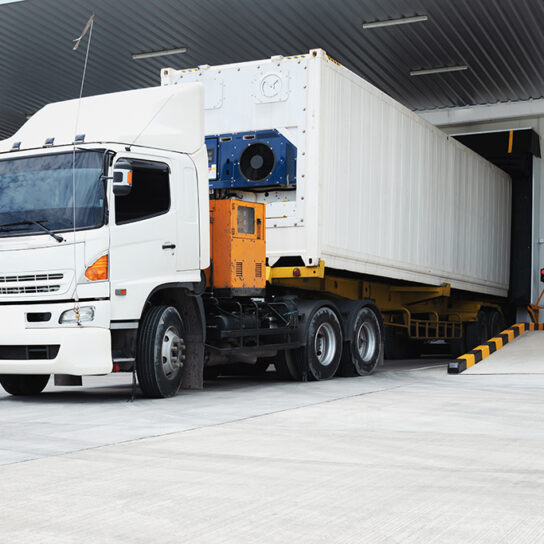Recent amendments to Australia’s customs laws have made significant changes to who can work in licensed premises — such as warehouses, depots and bond stores — with a strong focus on bolstering supply chain security.
Sector: Transport & Logistics
Our latest news and insights
A collection of articles, case studies and media releases highlighting the latest in legal news and at Rigby Cooke Lawyers.

Prevention is better than cure — navigating shareholder disputes in the transport and logistics industry
Shareholder disputes affect companies of all sizes across all industries in Australia and are far more common than you might think. The transport and logistics industry is certainly not immune.

Drug and alcohol policies in the spotlight again — policies need to be clear and understood by employees
Over recent months, the Fair Work Commission (FWC) has decided on a number of cases involving disputes over breaches of workplace alcohol and drug (AD) policies.
In Benjamin Unicomb v SESLS Industrial Pty Ltd (U2024/8974), the FWC found that the termination of an employee for breaching the AD policy was unfair, and that employers need to consider if employees have understood the policy before the employee is sacked.

Outcomes from the Australian federal election
The Australian federal election held on 3 May 2025 resulted in a decisive victory for the incumbent Australian Labor Party (ALP), which not only increased its majority in the House of Representatives but also expanded its presence in the Senate. This strengthened position enhances the ALP government’s ability to pass legislation to advance its policy initiatives.
Following these changes, there will be impacts for certain industries arising from the election.

Transport coordinator dismissal — what went wrong?
Case note: Thomas Trevan v Vardan Towing & Transport Pty Ltd [2025] FWC 49
Unfair dismissal cases are the last thing a transport operator wants to see landing on their desk. A recent case in the Fair Work Commission (FWC) is an example of how it can go wrong if you don’t address the issue squarely.

ATO warns of increasing risk of director penalty notices — what you need to know
The last 12 months has seen an escalation in debt collection activities instigated by the Australian Taxation Office (ATO) with respect to businesses, resulting in a subsequent increase in the rate of insolvencies. Where the ATO is unable to recover a tax debt directly from a company due to liquidity issues, it can seek to recover those debts personally from directors, via the director penalty regime.

Understanding the new Fair Work Commission powers for gig workers and contractors
From 26 February 2025, independent contractors can file claims in the Fair Work Commission (FWC) to set aside unfair contract terms.
In addition, while eligible employees have long had unfair dismissal protections, some gig workers and contractors are able to apply to the FWC under new unfair deactivation and termination provisions.
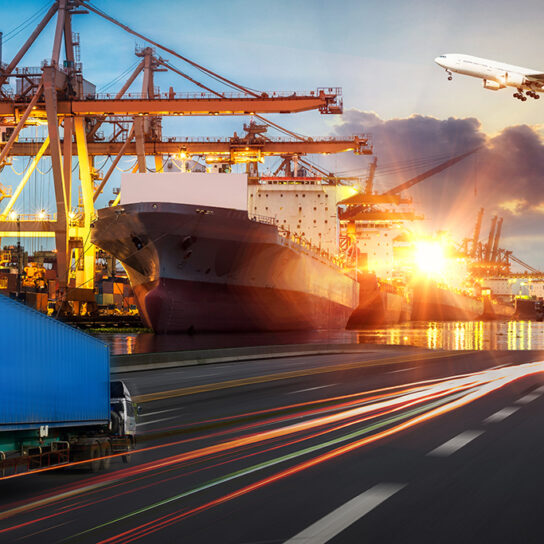
New inquiry into transport security legislation amendments
While heavily regulated, the transport and logistics industry continues to experience increasing and expanded security threats. The most recent threats are cyber threats, smuggling of tobacco, vapes and other illicit substances. Late last year, new legislation was introduced into Parliament that reflects the need for increased security in the transport industry.
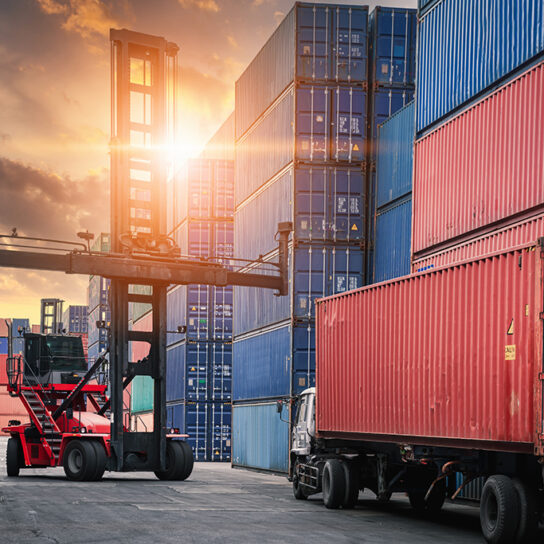
How transport and logistics companies may mitigate risk with contractual liens
In today’s uncertain economic climate, marked by inflation and high interest rates, many industries are struggling with clients who are late on payments. The transport and logistics sector is no exception. However, these companies may mitigate their risks by including contractual liens in their service agreements.

Can I exclude all liability in a contract?
As a transport and logistics operator, while you cannot exclude all liability, you can limit your liability.
Trying to exclude all liability is extremely high-risk, if not impossible.

How well do you know your customers and employees?
The Australian Border Force (ABF) has introduced new customs broker licensing conditions effective from 1 July 2024. These new conditions placed upon licensed customs brokers (brokers) complement more stringent conditions previously imposed on bonded warehouse and depot licences introduced in November 2022.

What you need to know about the windfall gains tax
The windfall gains tax (WGT) is a new tax that is imposed on the increase in value of property in Victoria as a result of a rezoning of that land.

What the transport and logistics industry needs to know about the updated unfair contract terms regime
The Unfair Contract Terms (UCT) regime has been updated to broaden its application and impose penalties for breach and has been in effect since 9 November 2023.

Australian Government announces the launch of the Administrative Review Tribunal
In a significant development for Australia’s administrative review landscape, the Australian Government has unveiled plans to launch the Administrative Review Tribunal (ART) on 14 October, 2024.
This newly established federal body will replace the existing Administrative Appeals Tribunal (AAT), thereby implementing the Labor Government’s election promise to address what were seen as biased political appointments within the AAT.

New delegates rights clause inserted into awards
On 1 July 2024, a new clause was inserted into all 155 modern awards providing union workplace delegates specific rights in the workplace.
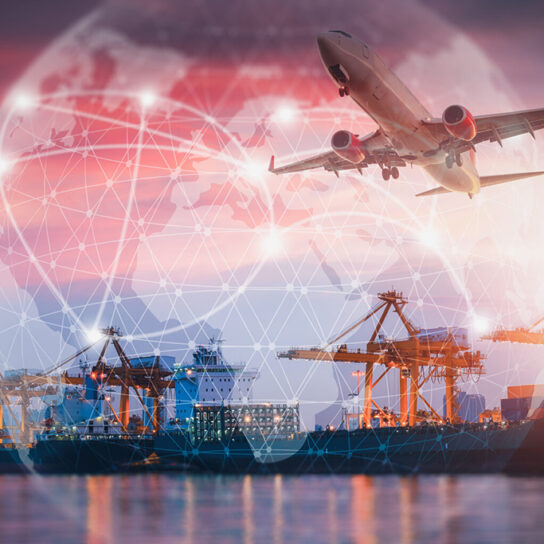
Federal Budget 2024-25 — Trade, biosecurity, infrastructure, logistics and manufacturing measures announced
On 14 May 2024, Treasurer Jim Chalmers delivered the Federal Budget for 2024-25 (Budget) announcing significant measures in relation to trade, biosecurity, infrastructure, logistics and manufacturing.

Rigby Cooke Lawyers assists DSV Air & Sea in long-term lease at Port of Brisbane
Rigby Cooke Lawyers assisted DSV Air & Sea on its 10-year lease agreement with Port of Brisbane Pty Ltd (PBPL) for a warehouse and container hardstand on a 4.8ha site on Fisherman Islands, which was announced recently.

Contractor vs Employee — truck driver loses bid to claim historical employment benefits
Case note: Chiodo v Silk Contract Logistics [2023] FCA 1047
In a recent decision of Chiodo v Silk Contract Logistics [2023] FCA 1047, the Federal Court dismissed a truck driver’s claim that he was an employee and therefore entitled to payment for annual leave and long service leave, as well as superannuation. The Court found that the truck driver was a contractor and not entitled to the benefits usually afforded to an employee.
The Court’s decision re-emphasises the importance that is placed in defining the contractual relationship between parties when assessing whether an individual is an employee or an independent contractor.

Recent National Heavy Vehicle Regulator’s prosecution case – a timely reminder for all companies and staff on their Primary Duty
On 4 December 2023, the National Heavy Vehicle Regulator’s (Regulator) prosecution case against a transport company and some of its executives, for various breaches of the National Heavy Vehicle Law (NHVL) – including the most serious being Category 1 breaches – was heard at the Downing Centre Court in New South Wales. The case concerned the incident on the Eastern Freeway in April 2020 where four Victoria Police officers were killed whilst conducting a roadside intercept.

Unfair terms and the transport and logistics industry
The Unfair Contract Terms (UCT) regime is being updated to broaden its application and impose penalties for breach.
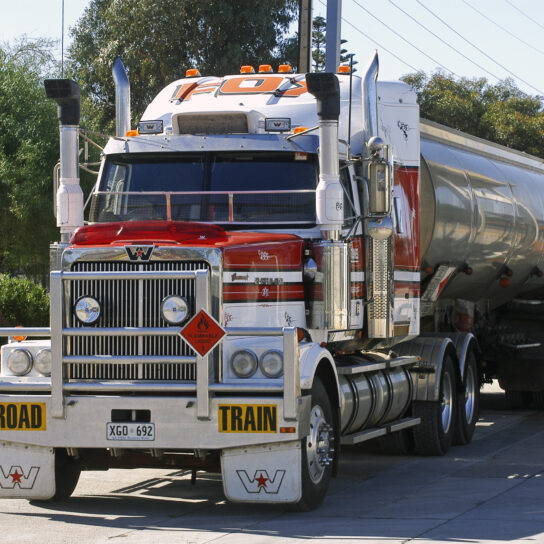
What you need to know about fuel tax credits
The fuel tax credit scheme refunds fuel tax to users of heavy vehicles, machinery, plant and equipment, and light vehicles used off public roads.

The transport industry and labour hire — is your business exposed?
A version of this article was first published by VTA in August 2023.
It has become apparent that there is some confusion about how labour hire regulation impacts the transport industry. A business can be liable for a penalty exceeding $590,000 for using an unlicensed provider, or providing labour without a labour hire licence — so it’s important to get it right.
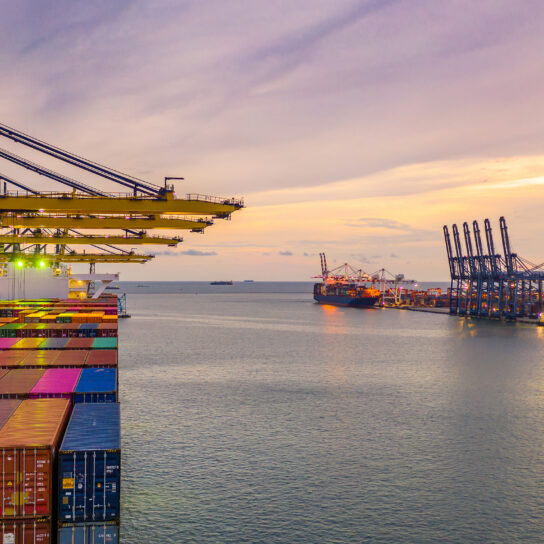
The NACC and its implications for the transport and logistics industry
On 1 July 2023, the Australian government established the National Anti-Corruption Commission (NACC) under the National Anti-Corruption Commission Act 2022 (NACC Act) to combat corruption and lack of transparency within the federal government and address growing public concerns about corruption of public officials.

Changes to the Unfair Contract Terms regime with increased penalties from 9 November — here’s what you need to know!
The Unfair Contract Terms regime (UCT) is intended to prevent businesses with a stronger bargaining position from relying on unfair terms in standard form contracts with consumers and/or small businesses.

Are you paying the correct amount of superannuation support for your drivers?
There has been an increase in investigations by the Australian Taxation Office (ATO) into superannuation guarantee compliance within the transport and logistics industry.

What will replace the Administrative Appeals Tribunal (AAT)?
On 16 December 2022, Attorney-General Mark Dreyfus announced the federal government’s plan to abolish the Administrative Appeals Tribunal (AAT) and replace it with a new administrative review body. The reasons for the proposed abolition were that the AAT had become too politicised through politically motivated appointments of AAT members, which rendered the tribunal dysfunctional.
A version of this article was first published by The DCN in February 2023.

Federal Budget 2022-23 — New tax measures announced
On 25 October 2022, Federal Treasurer Jim Chalmers handed down the Budget of the newly elected Government for 2022-23.

Freight distribution business penalised by FWO for failure to comply with Compliance Notice
The Fair Work Ombudsman (FWO) succeeded in seeking a penalty against the operator of a freight distribution business for a failure to comply with a Compliance Notice.

Spotlight on Payroll Tax Compliance
We have observed a recent increase in State Revenue Office (SRO) investigations regarding payroll tax compliance.

Reduced safety fine for Transport Company
On 22 May 2022, the Supreme Court of South Australia handed down a decision in Cleanaway Operations Pty Ltd v Phillip Hanel (Commonwealth: Comcare) [2022] SASC 52 upholding the conviction of Cleanaway Operations Pty Ltd (Cleanaway) for offences under section 32 of the Work Health and Safety Act 2011(Cth) (Act).
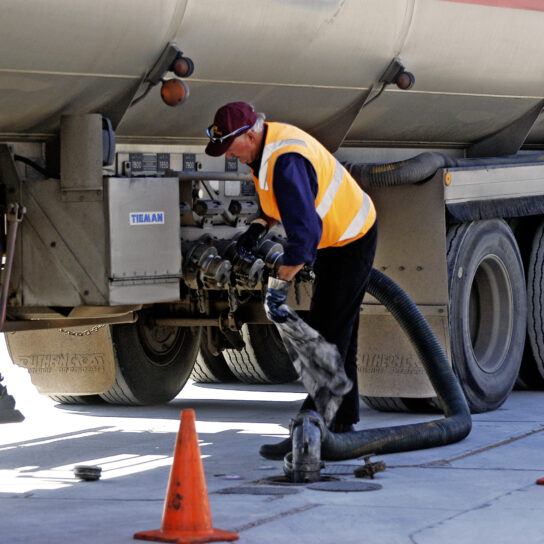
New government’s proposed workplace relations reforms
The Australian Labor Party (ALP) proposed a number of amendments in the workplace and industrial relations space which, given the election outcome, the Albanese government is likely to pursue.

Preparing for 1 July 2022 (and beyond) – including wage and superannuation increases
On 15 June 2022, the Fair Work Commission handed down its 2022 Annual Wage Review decision.
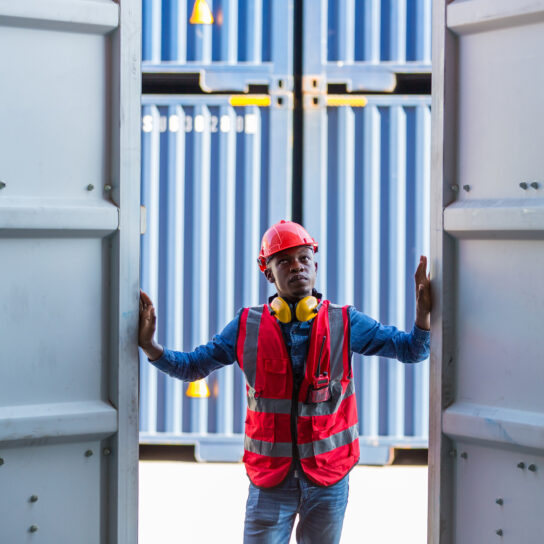
Federal Budget 2022-23 – overview of customs and trade related measures
On 29 March 2022, the Treasurer handed down the Australian Federal Budget for 2022-23 (Budget).

It all depends on the written contract
Two related decisions handed down by the High Court of Australia on Wednesday 9 February 2022 continue the approach of the Court enunciated in the Workpac v Rossato [2021] HCA 23 (Rossato) decision handed down last year giving primacy to the terms of the written contract to determine the nature of the relationship between the parties.
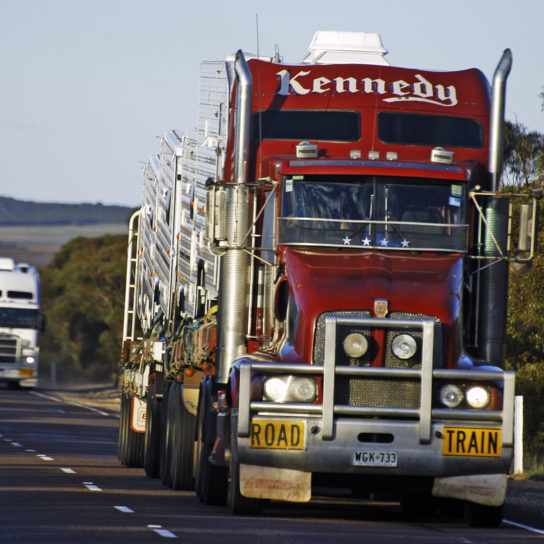
Australian Government gives green light for Roads of Strategic Importance initiatives
On Wednesday 29 April 2020, the Australian Federal Government and the Queensland Government announced that works on 22 jointly funded projects would be brought forward under the Roads of Strategic Importance (ROSI) initiative. The full announcement is available here.

National Heavy Vehicle Regulator accepts first enforceable undertaking
The National Heavy Vehicle Regulator (NHVR) has accepted an enforceable undertaking from Laing O’Rourke Australia Construction Pty Ltd (Laing O’Rourke). This is the first enforceable undertaking of its kind to be accepted by the NHVR.

Australian and international supply chain responses to COVID-19
In light of the ongoing and increasing impact of COVID 19, here we summarise a few relevant issues in the international supply chain, including at our national border.

Countries and States may shut borders, but freight and logistics cannot be interrupted
With the COVID-19 pandemic continuing to spread and both State and Federal Governments announcing changes to their response policies daily, there has been understandable concern about the continued operation of the supply chain domestically and internationally.
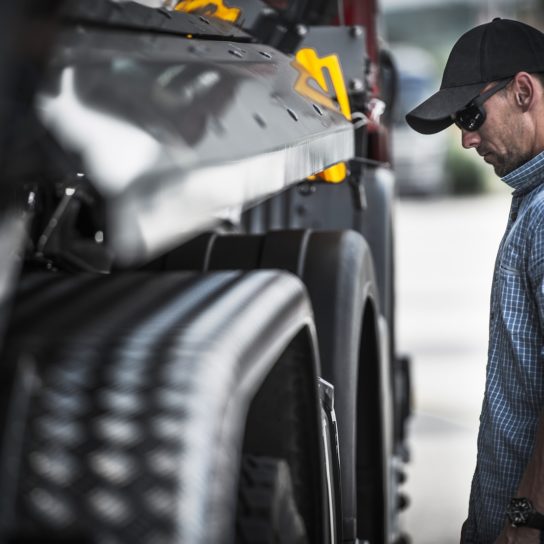
Changes to the Chain of Responsibility Provisions: One year on
Readers may be aware that on 1 October 2018 changes to the Chain of Responsibility (CoR) provisions of the Heavy Vehicle National Law (HVNL) were implemented. These changes imposed a primary duty on each party in the supply chain to ensure that everything reasonably practical to guarantee safety in transport and reduce the risk of harm and loss, is done.

Full Federal Court Decision on Fuel Tax Credits
Linfox Australia Pty Ltd v Commissioner of Taxation of the Commonwealth of Australia [2019] FCAFC 131
The Full Court of the Federal Court recently handed down a decision in Linfox Australia Pty Ltd v Commissioner of Taxation of the Commonwealth of Australia [2019] FCAFC 131 (Linfox Case) in relation to fuel tax credits claimed by Linfox pursuant to the provisions of the Fuel Tax Act 2006 (Cth) (FTA).

How blockchain may affect practices in the supply chain – nowhere to hide!
The term seems to have first arisen in the early 1990s with reference to an ‘open distributed ledger that can record transactions between two parties efficiently and in a verifiable and permanent way’ and was developed to serve as a ‘public transaction ledger’ for the bitcoin cryptocurrency.

Surveillance in the workplace
With the ever increasing responsibility on companies and their directors and officers to ensure safety and security in the workplace, as well as to ensure compliance with the Heavy Vehicle National Law (HVNL), various forms of workplace surveillance are increasingly being used by employers in the transport and logistics industry.
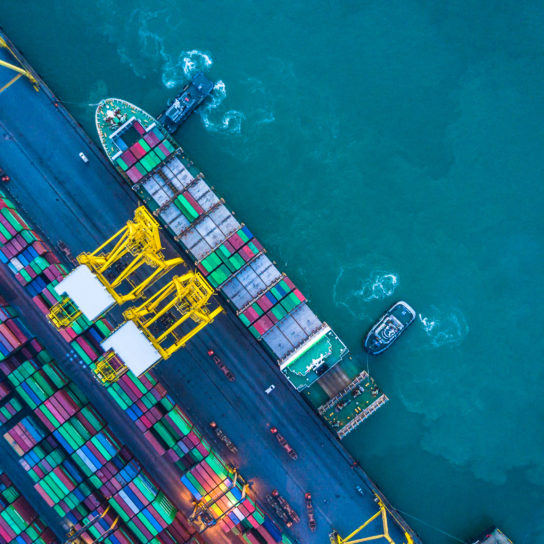
Recent Ministerial decisions on trade measures investigations and the consequences for industry
This article was published in the July print edition of Daily Cargo News and updated for recent events
In the week leading to the recent Federal election, the Minister for Industry Science and Technology (Minister) released her decisions as to the imposition of interim dumping and countervailing duties on steel pallet racking and PVC covered electrical cabling
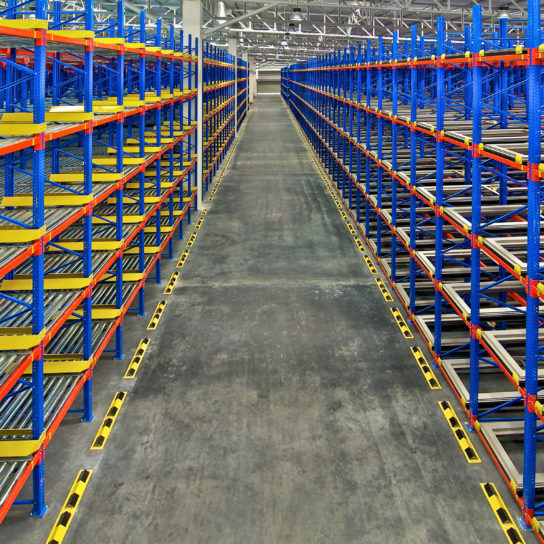
Ministerial decisions on dumping duty investigations released in the shadow of the Australian Federal election
In the week leading to the Federal election, the Minister for Industry Science and Technology (Minister) released her decisions as to the imposition of interim dumping and countervailing duties on steel pallet racking and PVC covered electrical cabling.

1 July 2019 – increases to wages and remuneration in the transport sector
Adjustments to wages and remuneration in the transport industry commence today.

Schedule of minimum wage increases – transport sector
The following tables detail the new minimum rates of pay for part-time and full-time employees under various modern awards, applicable to adult employees in the transport industry.
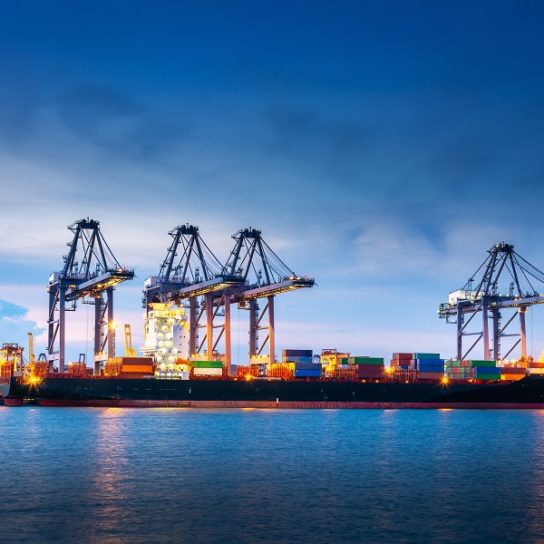
A separate Australian response to the global trade impasse?
This article was first published in AirCargo magazine, June 2019.
Those in industry (let alone anyone with an interest in world news) would be painfully aware that global trade is under massive pressure at the moment. Examples of these threats are everywhere and if they come to pass, the consequences will be uniformly bad. Trade and global integration has been a driver of financial and social improvement with the World Bank estimating that more than a billion people have been lifted out of poverty over the last 25 years.
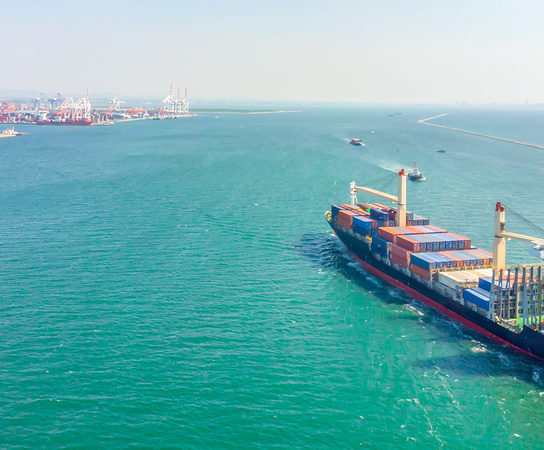
Stevedore infrastructure charges remain a concern for industry and government
Australia depends heavily on sea cargo and the efficient movement of goods through the supply chain both for exports and imports. The benefits of the proliferation of free trade agreements (FTAs) and other initiatives aimed at facilitating trade and reducing barriers and costs, can be compromised when access to the infrastructure is limited, delayed or made more expensive, especially where there is little recourse against those practices.
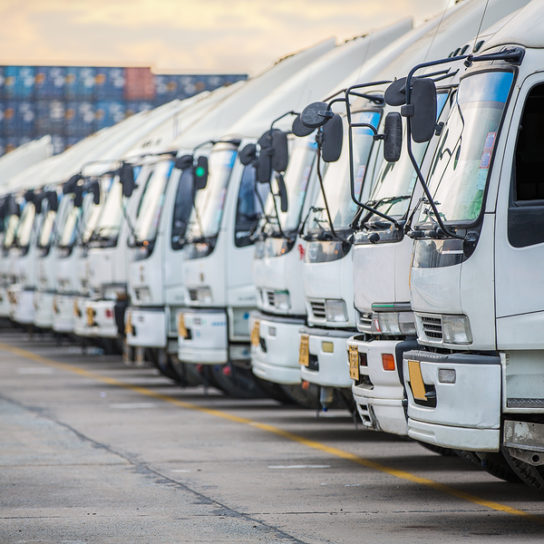
Financing your assets – The taxation issues
One of the fundamental questions any business owner needs to address is how to finance their assets. On commercial grounds, the various options have important implications.

Can the National Heavy Vehicle Law get any heavier?
Readers will be aware that significant changes to the Chain of Responsibility (CoR) provisions under the Heavy Vehicle National Law (HVNL) came into effect on 1 October 2018.

New chain of responsibility provisions are biting
Rigby Cooke Lawyers partner and litigation and dispute resolution specialist Elizabeth Guerra-Stolfa recently warned of the consequences to members of the supply chain for failing to be prepared to meet their obligations under the new Chain of Responsibility (CoR) provisions of the Heavy Vehicle National Law (HVNL) which came into effect on 1 October 2018.
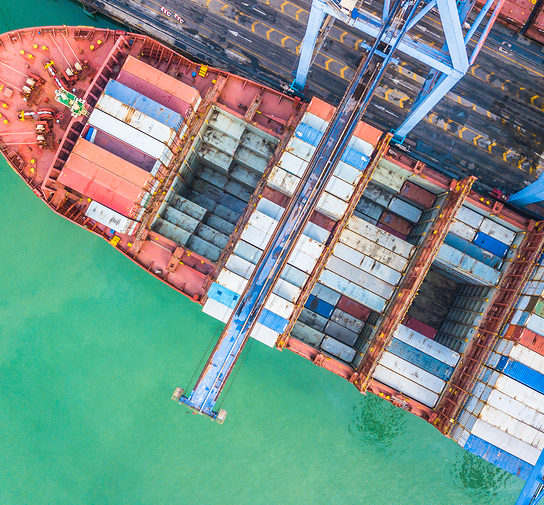
Potential pitfalls of the impending TPP-11
This article was first published by the Customs Brokers and Forwarders Council of Australia.
I have been working with the Customs Brokers and Forwarders Council of Australia (CBFCA) to develop guidance material and host legal forums on the introduction of the Trans-Pacific Partnership (TPP-11), a free trade agreement that comes into play from 30 December 2018.

Tenders: high rewards but high risks
Governments and, increasingly big companies, are using tender processes (including Request for Proposals and Request for Tenders) to award contracts to transport and logistics companies.

Smart contracts – transacting in the digital era
Since the launch of Bitcoin in 2009, more and more people have become aware of blockchain technology, and its potential to revolutionise payments systems. However, blockchain has many applications beyond cryptocurrency. ‘Smart contracts’ – computer code which execute the terms of an agreement have the potential to revolutionise commercial transactions.

Mass Requirements under the Heavy Vehicle National Law
The Heavy Vehicle National Law (HVNL) requires that heavy vehicles, their components and their loads meet mass requirements including mass limits. The Heavy Vehicle (Mass, Dimension and Loading) National Regulation sets out, among other things, the mass requirements, mass limits and exemptions applicable to heavy vehicles.

Who can claim depreciation on trucks?
This may seem a somewhat straightforward question, but, as with many tax questions, the answer is not particularly easy. Like most of these matters, the answer depends on the circumstances.

Human Resources responsibilities in implementing new Chain of Responsibility law
Changes to the Heavy Vehicle National Law (HVNL) took effect on 1 October 2018. These changes relate to new inclusions to Chain of Responsibility (CoR) laws, and resemble the current risk-based approach that is applied in workplace health and safety law.
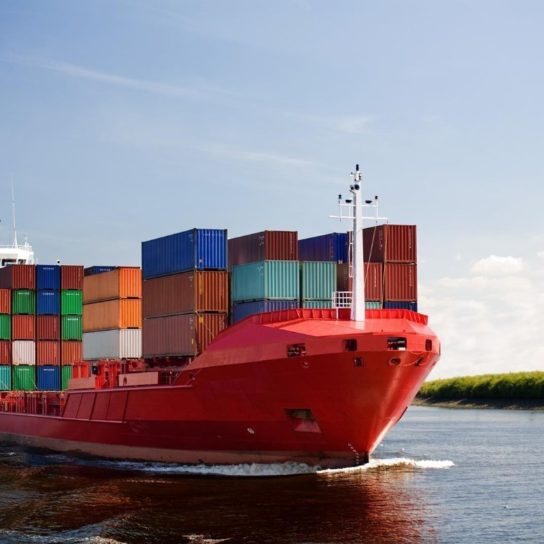
Load restraint provisions of the Heavy Vehicle National Law
Readers will be aware from our previous articles (available here, here and here) that the new Chain of Responsibility (CoR) provisions under the Heavy Vehicle National Law (HVNL) will come into force on 1 October 2018.

Chain of Responsibility
From taking “reasonable steps” to manage risk, to the imposition of a Primary Duty.
The Chain of Responsibility (CoR) regime is intended to ensure that responsibility for preventing breaches of the Heavy Vehicle National Law (HVNL) are shared by each member of the supply chain.
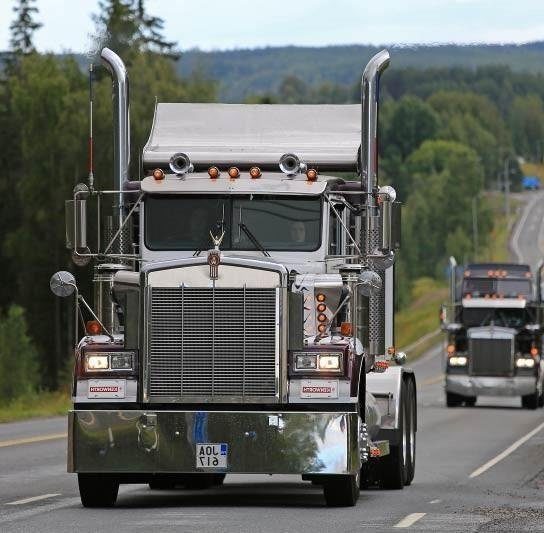
Overloading of Heavy Vehicles – recent prosecutions under the Heavy Vehicle National Law
There has been a recent focus on breaches of the Heavy Vehicle National Law (HVNL) in the lead up to the implementation on 1 October 2018 of the primary duty obligations under the Chain of Responsibility (CoR) provisions of the HVNL.
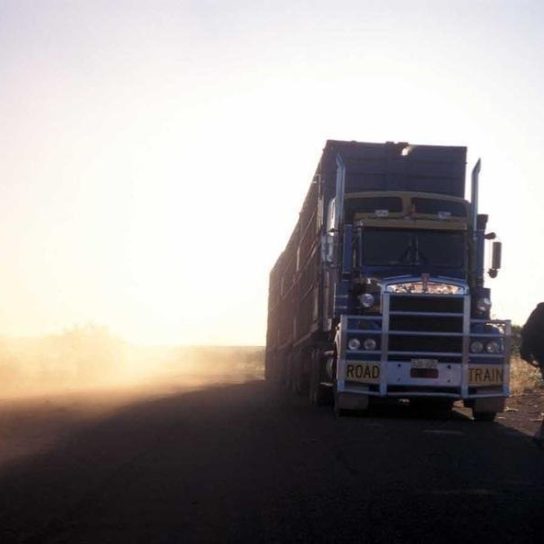
Independent Contractors or Employees? An important distinction
Transport companies often have people working for them, or providing services to them, in a number of different capacities.
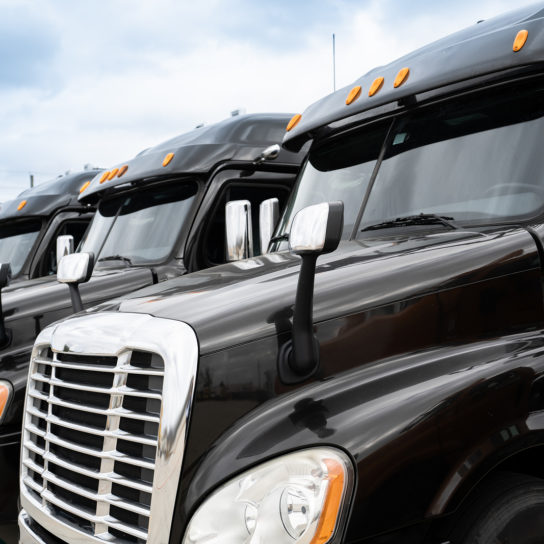
Freezing orders granted in a case involving theft by CFO against transport company
Earlier this month in MWP Transport Pty Ltd & Ors v Kent & Ors [2018] NSWSC 300, the Supreme Court of New South Wales granted a transport company a freezing order over the assets of its group’s Chief Financial Officer (CFO) and a number of his companies after he admitted to theft of more than $5 million over an extended period.

Human Resources responsibilities in implementing new Chain of Responsibility law
Changes to the Heavy Vehicle National Law (HVNL) are due to take effect in mid-2018. These changes relate to new inclusions to Chain of Responsibility (CoR) laws, and resemble the current risk-based approach that is applied in workplace health and safety law.

Traffic woes: How the M5 tunnel helped shape Chain of Responsibility laws
Rigby Cooke recently acted for a client in a NSW Supreme Court case which clearly defined the Chain of Responsibility laws that relate to consignors and loaders of goods.
